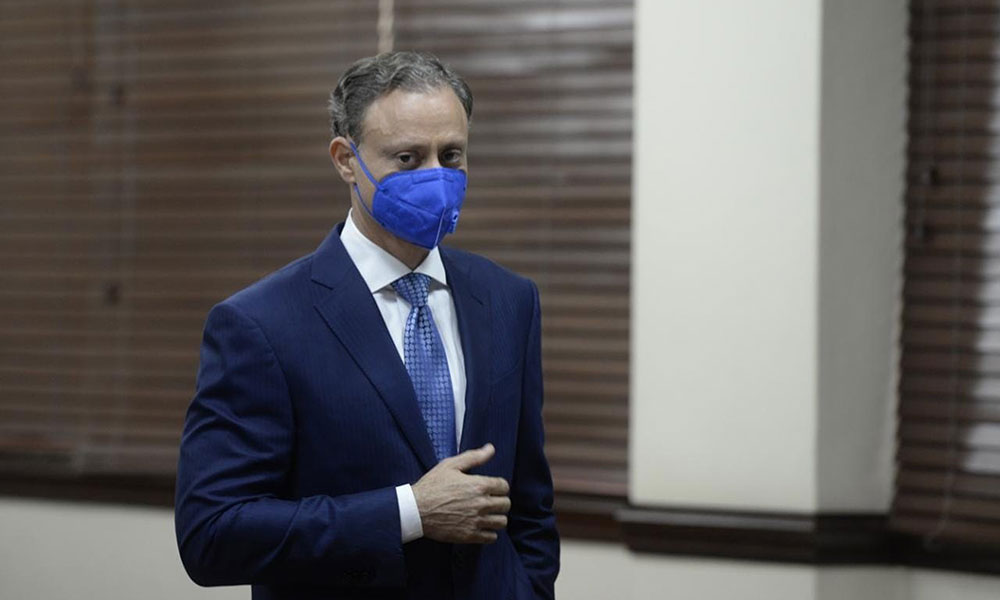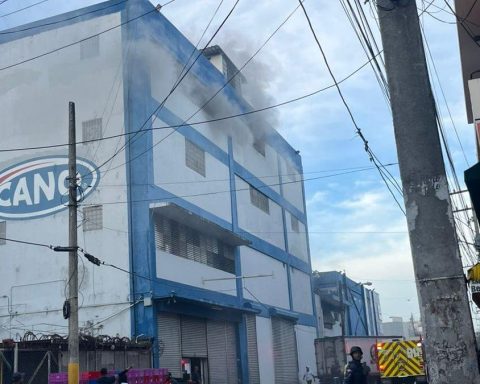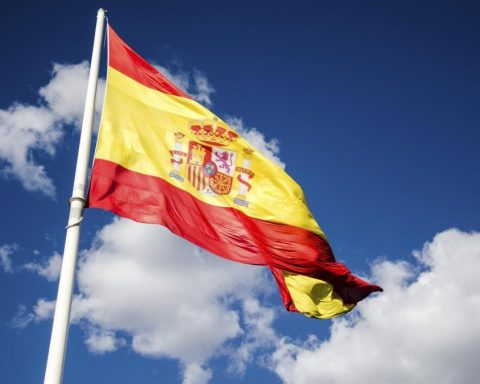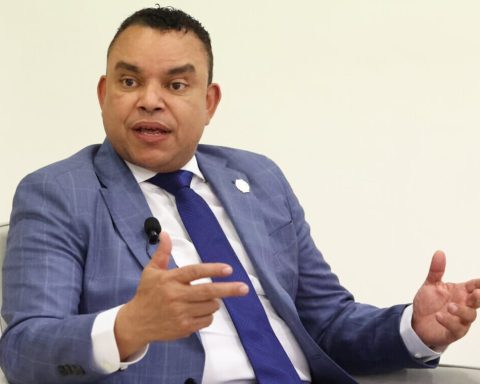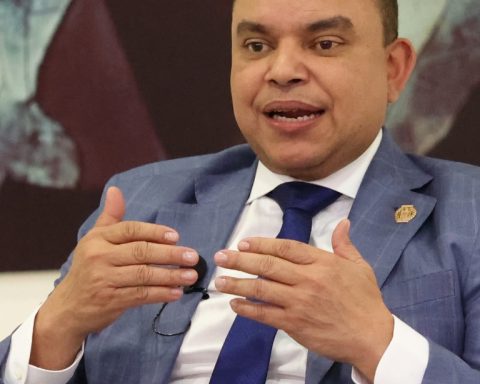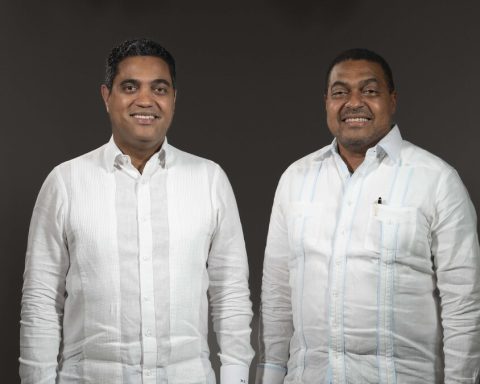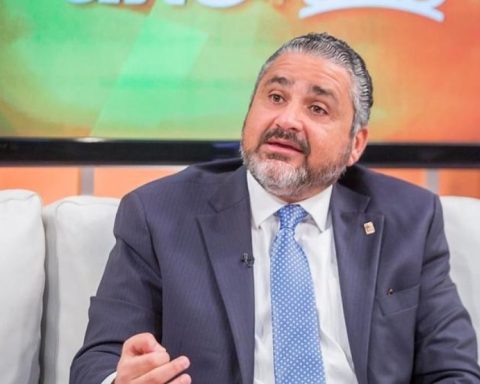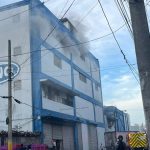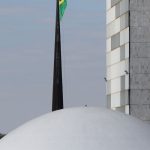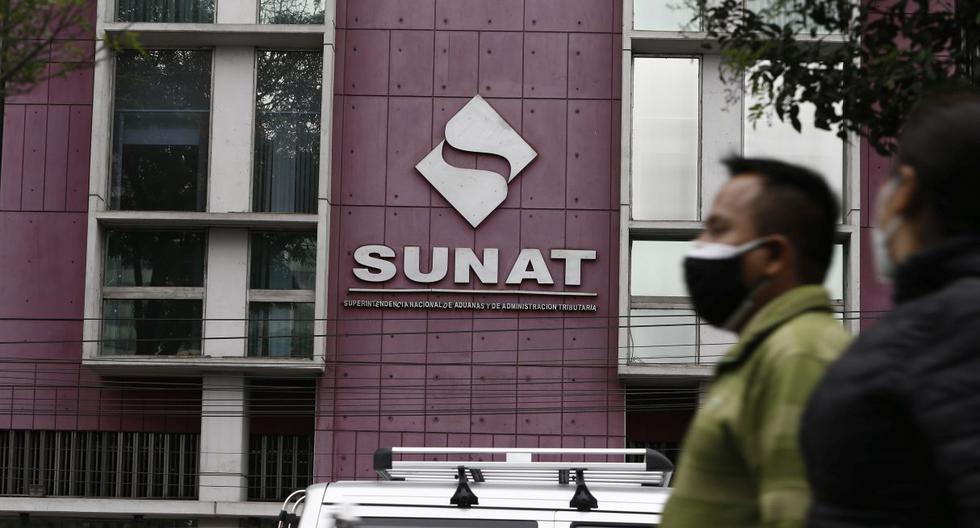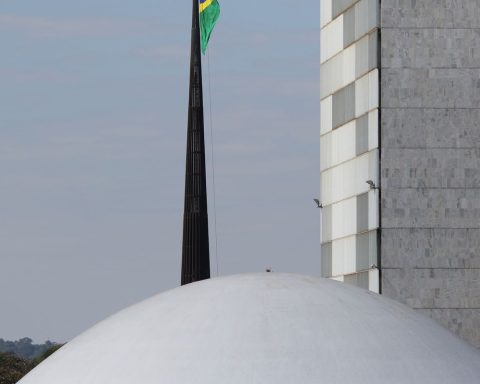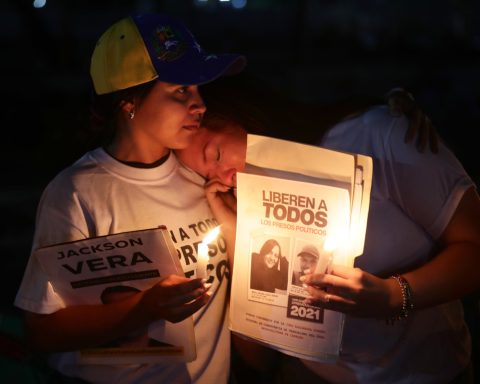The Specialized Prosecutor’s Office for the Prosecution of Administrative Corruption (Pepca) has requested a new extension and is now asking a court for more time to continue the investigations of the Medusa case, where former prosecutor Jean Alain Rodríguez is implicated.
Through an instance, the body prosecuting the crime requires the Fourth Investigating Court of the National District, the court that controls the case, four more months to complete the investigations and file charges against the defendants in this process for corruption.
La Pepca, which is headed by Deputy Attorney General Wilson Camacho, had a period of eight months to present a conclusive act, but since their investigations have not concluded, they have requested an extension, as allowed by the Criminal Procedure Code.
Now, a judge of the Fourth Court of Instruction of the National District will set a hearing, where the anti-corruption prosecutors must appear, in addition to the accused and their lawyers, to decide on the matter.
Jean Alain’s defense had said days ago that Pepca was playing to extend the time of the investigation to keep the former prosecutor much longer in the Najayo-Men Correction and Rehabilitation Center. They announced, that time, that as it happened now they were going to request an extension.
In addition to the former prosecutor, Jonathan Rodríguez Imbert and Javier Alejandro Forteza Ibarra are accused in the Medusa case, who have also served Najayo preventive detention since July of last year.
While the house prison is Alfredo Alexander Solano Augusto, Altagracia Guillén Calzado, Rafael Antonio Mercede Marte and Jenny Marte Peña.
The judicial process also involves Miguel José Moya, who was imposed an economic guarantee of RD$1 million in the form of a contract, through an insurance company, impediment to leave the country and periodic presentation.
Similarly to Rafael Stefano Canó Sacco, the former chief of staff of former attorney Rodríguez Sánchez, who was arrested last year in Spain and requested to be handed over to the Dominican Republic.
According to the file, the defendants were part of a criminal network of corruption that operated from the Attorney General’s Office and that, according to preliminary estimates, defrauded the Dominican State with more than 6 billion pesos.
